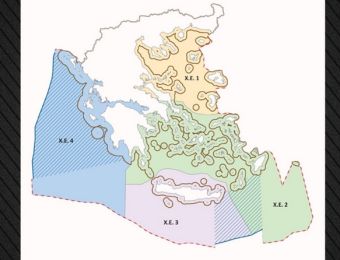Source: tovima.com
Work Week – Greek 6-Day Week Starts in July – Some EU Countries Go for 4 Days

Πηγή Φωτογραφίας: freepik,As some EU member states are mulling over the prospect of implementing a 4-day work week, Greece seems to be going in the opposite direction, German financial newspaper Faz notes in an article.
As some EU member states are mulling over the prospect of implementing a 4-day work week, Greece seems to be going in the opposite direction, German financial newspaper Faz notes in an article.
The article, entitled “Greece to establish 6-day work week”, explains some European nations are opting to achieve a balance between employees’ free time and work, hoping to boost productivity, juxtaposing the move to Greece, where the new employment week is set to take effect at the start of July.
The reasoning behind the Greek government’s decision, FAZ explains, is to clamp down on “black employment”, which leads to undeclared work, tax evasion and work insurance avoidance on the part of companies.
The German publication highlights the low wage rates in the country, despite Greeks working more hours compared to other EU member-states, according to metrics. Low income compels many Greeks to hold a second job to make ends meet. At the same time, as FAZ underlines, the dire situation is further exacerbated by persistent inflation and high food costs – due to monopolistic practices in the supermarket chain market.
According to the new law, employees who work on the sixth day will receive a 40% increase in their daily wage, and a 115% increase if the sixth day of work is a public holiday.
FAZ also cites the problem of labor shortage in the Greek market, one of the highest in the EU, with the government hoping to provide companies with a tool to cope with the challenge.






























Το σχόλιο σας